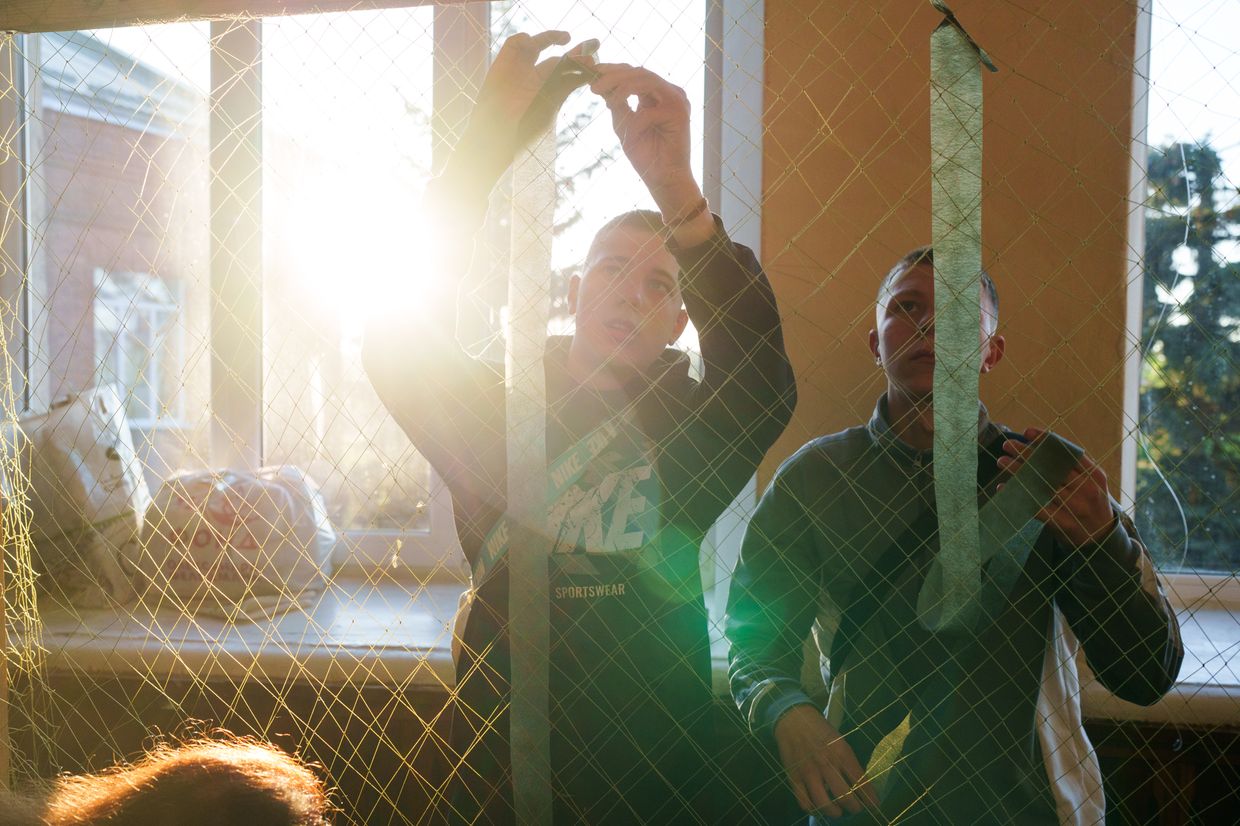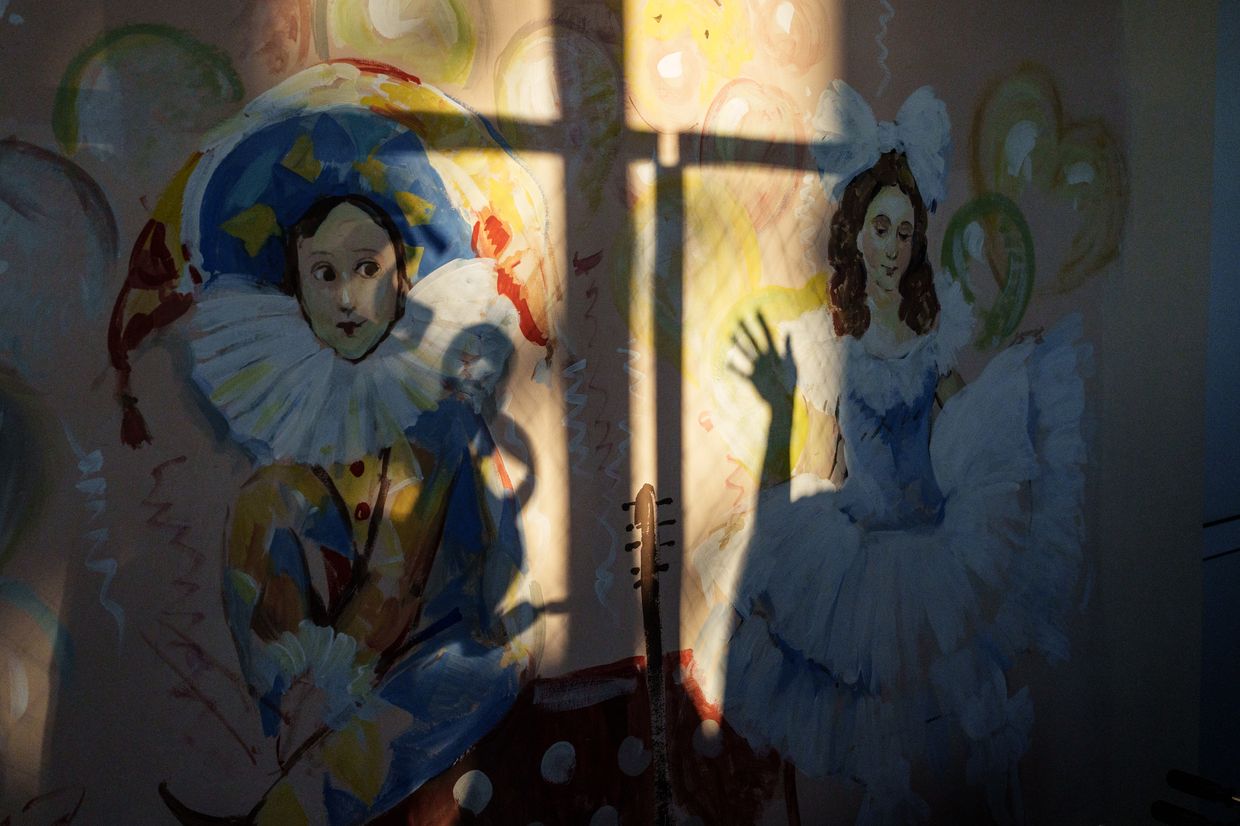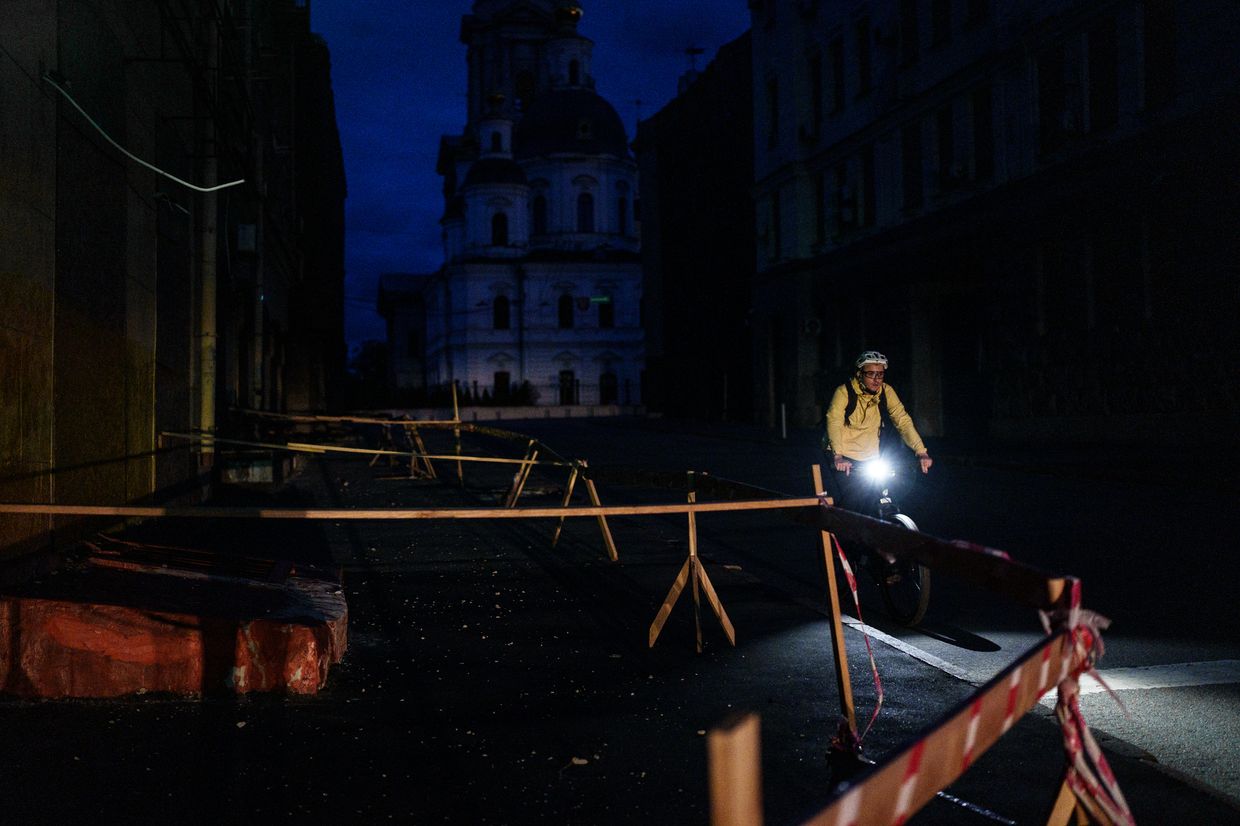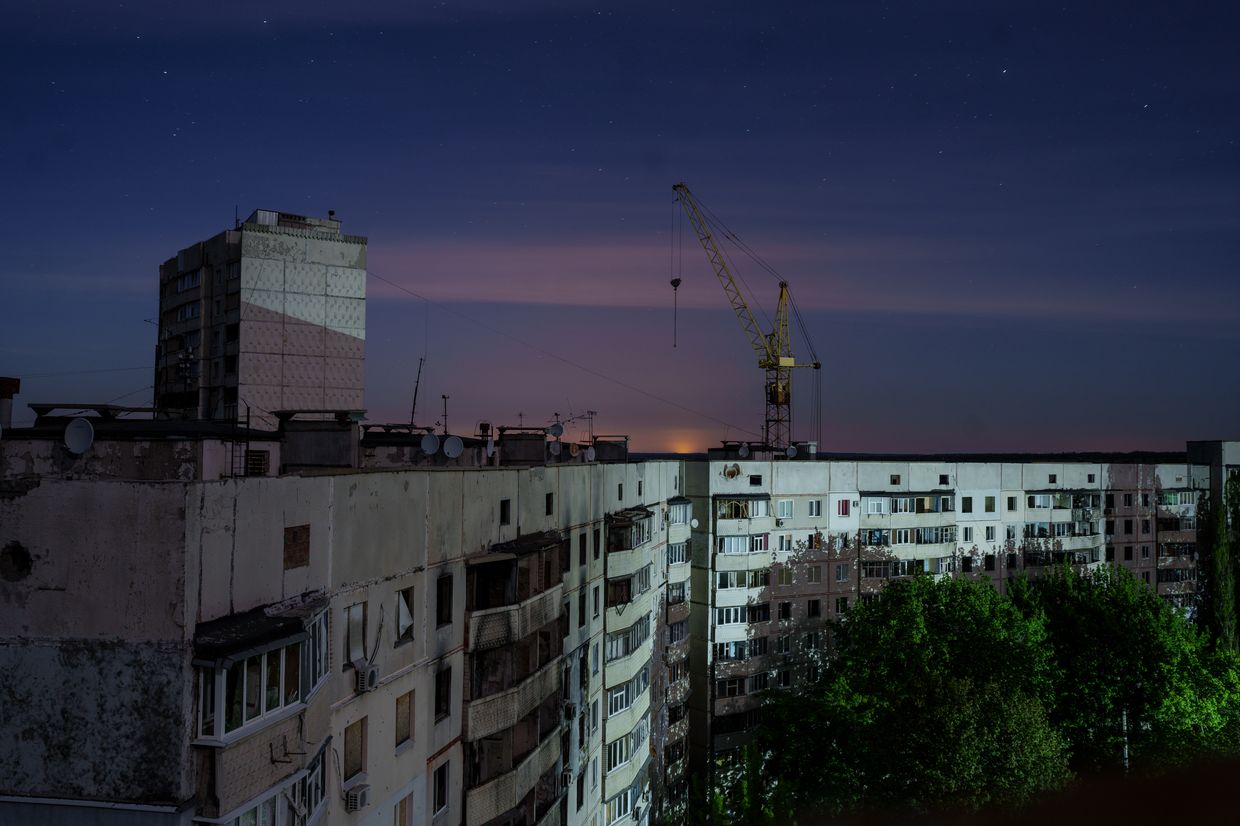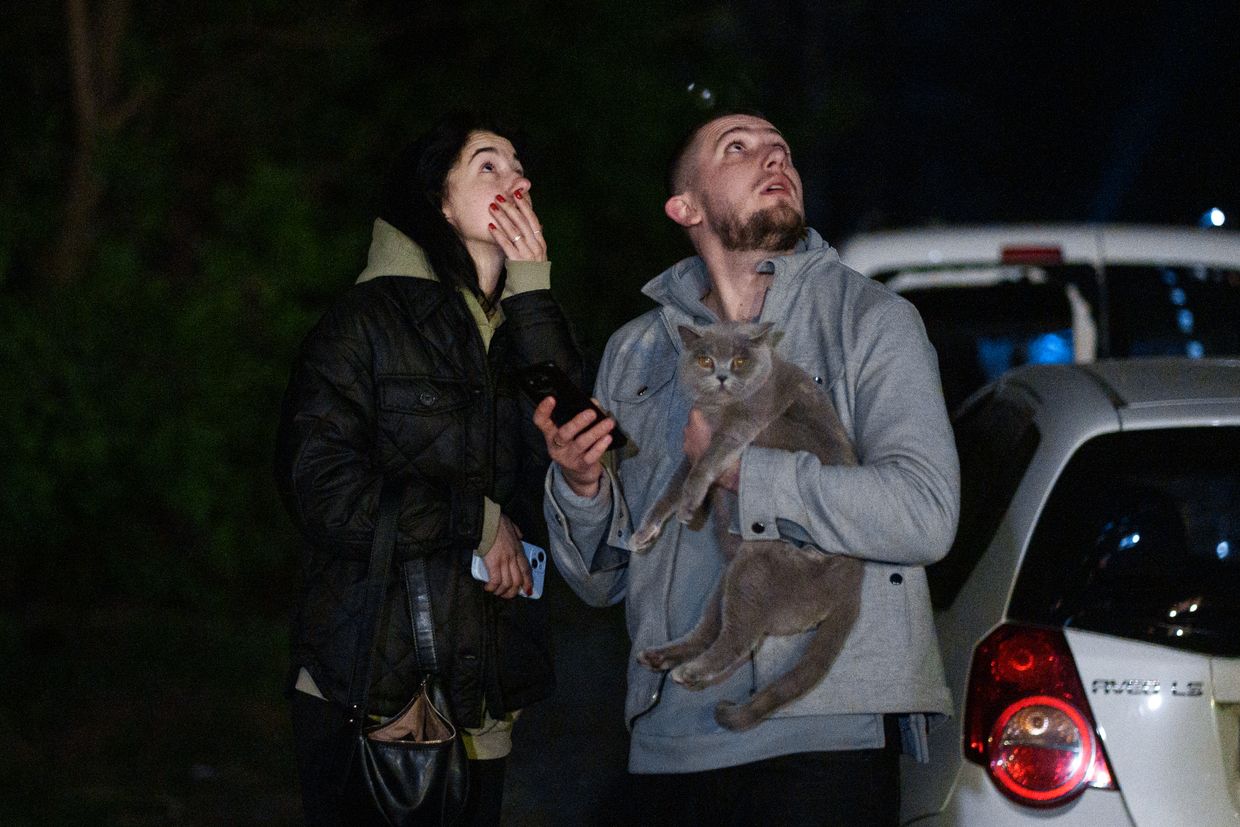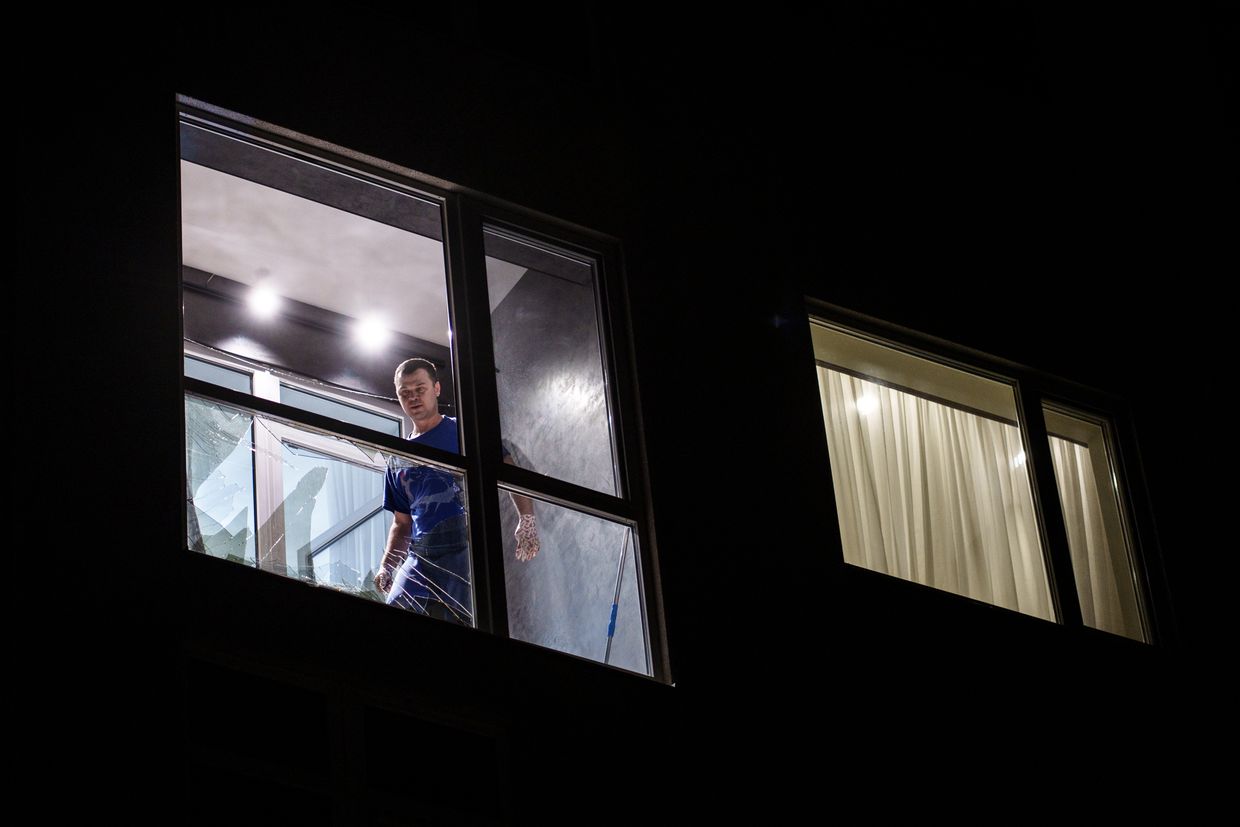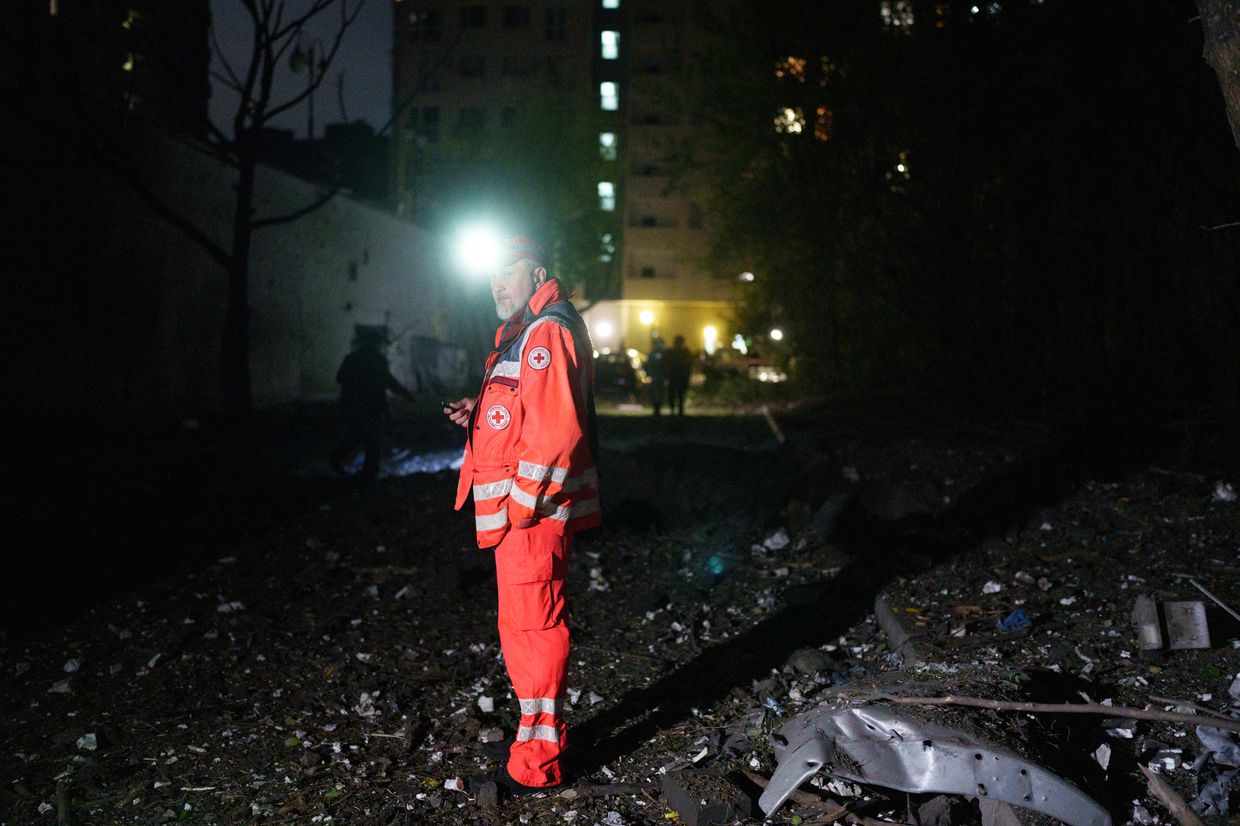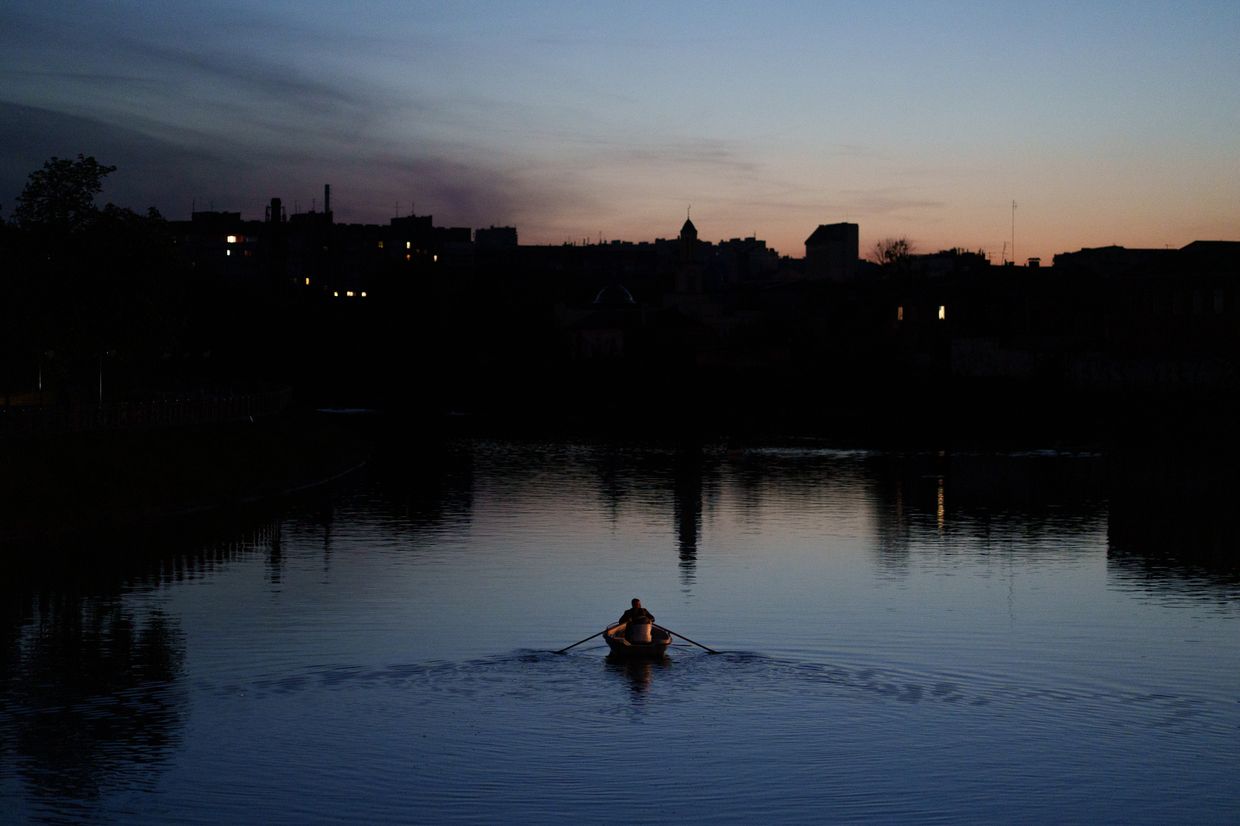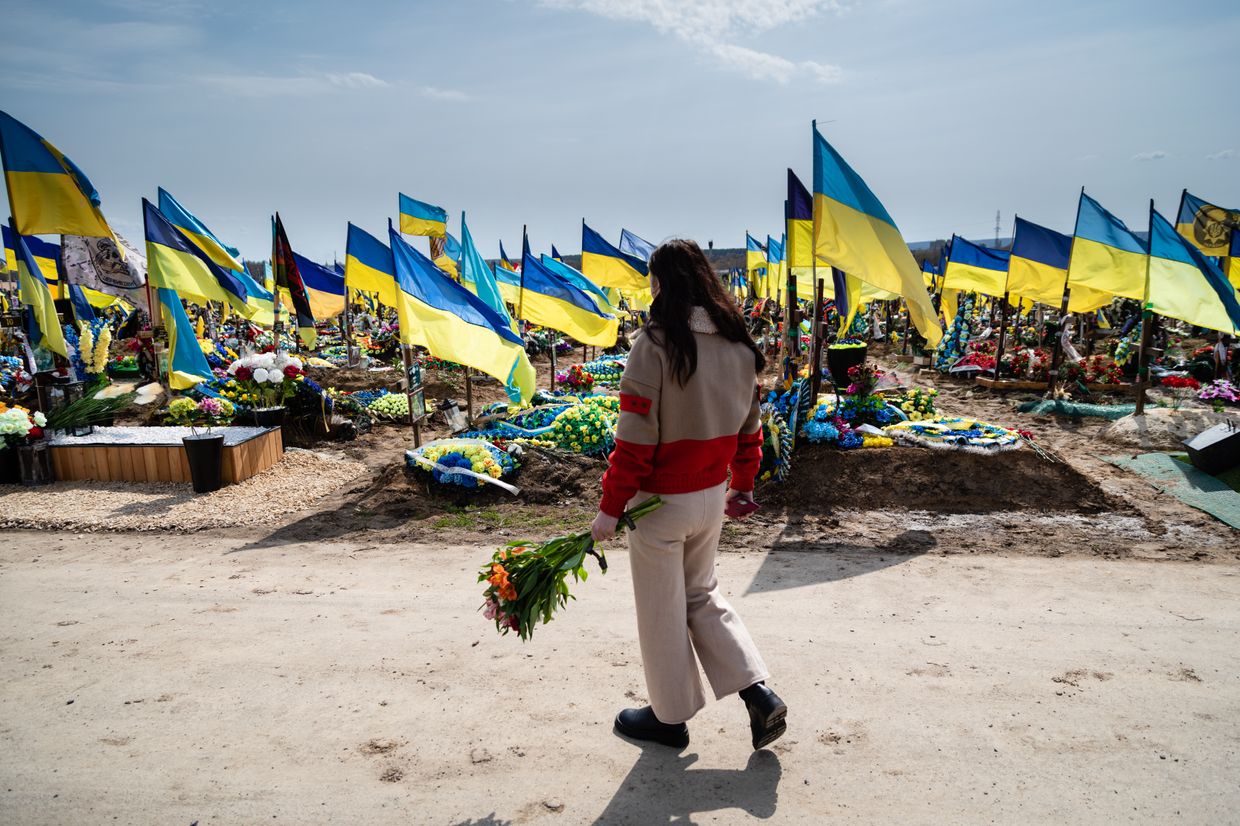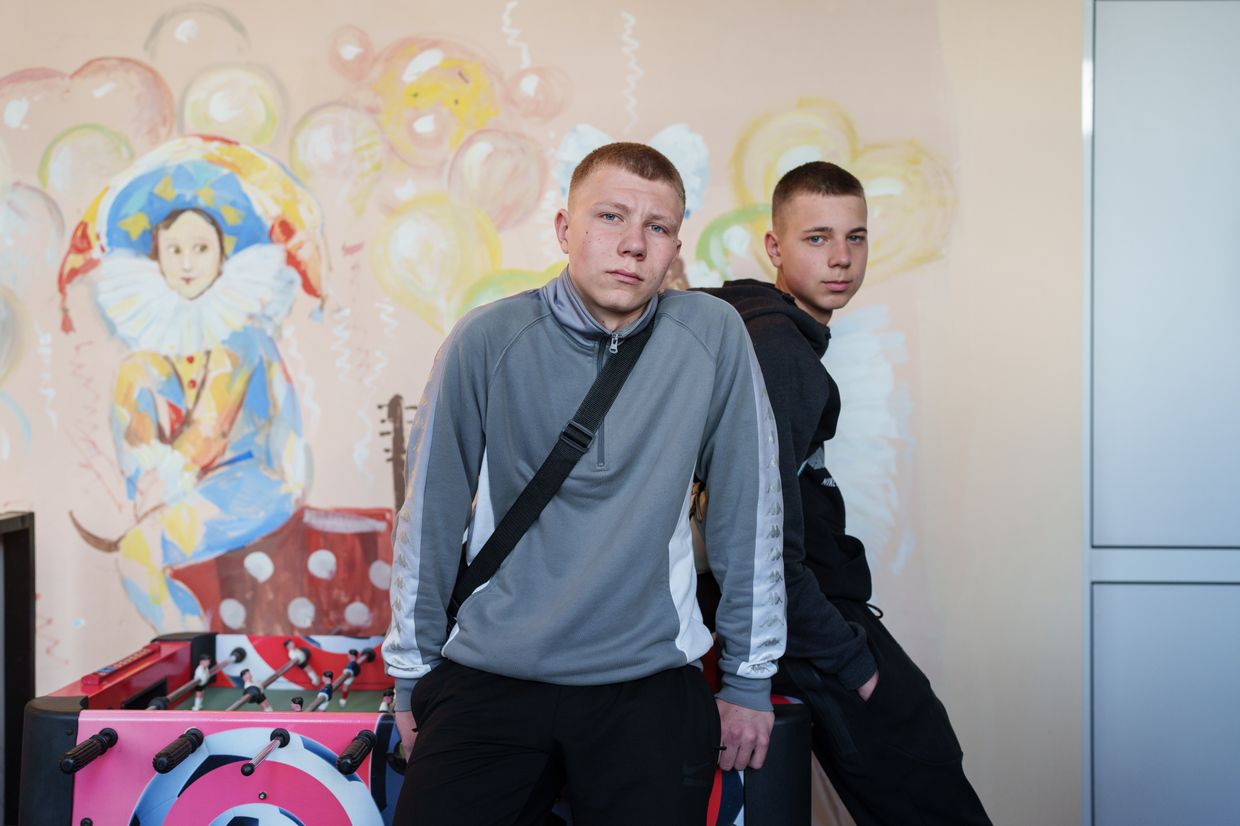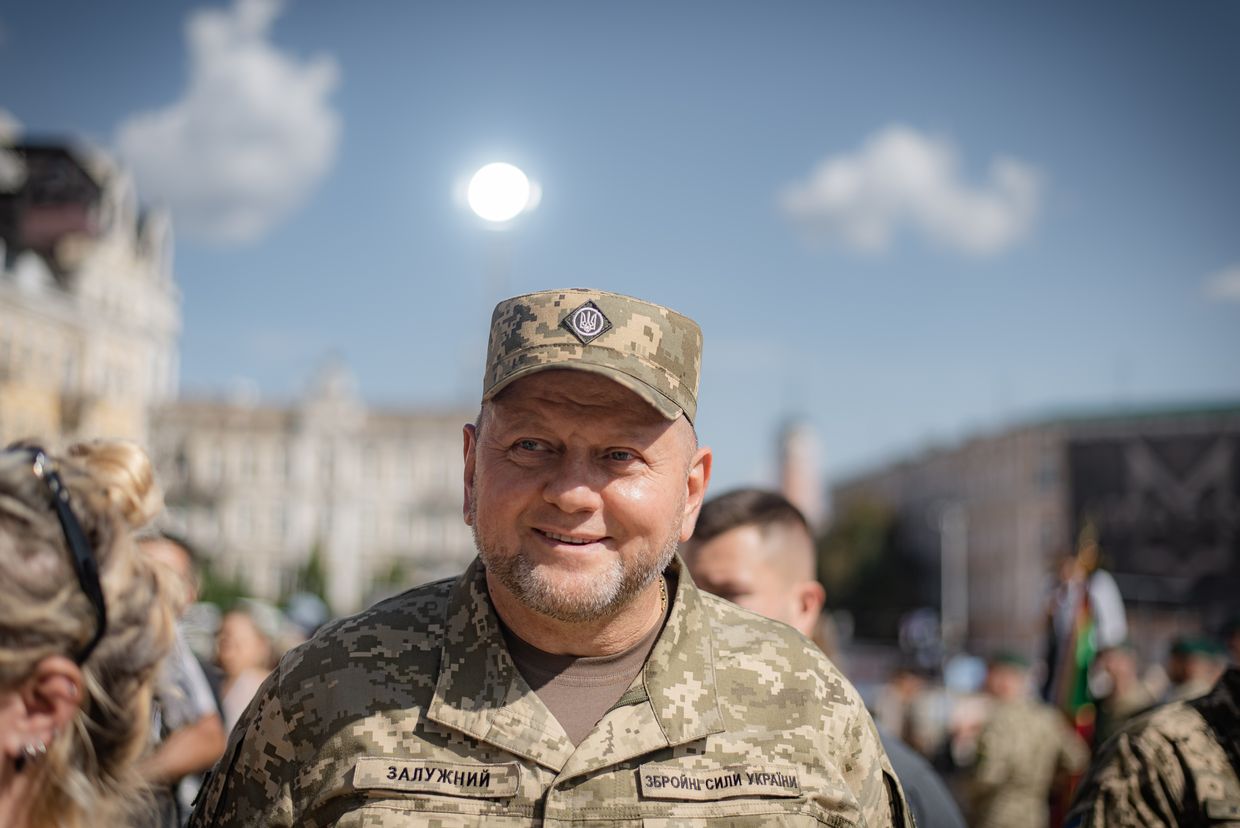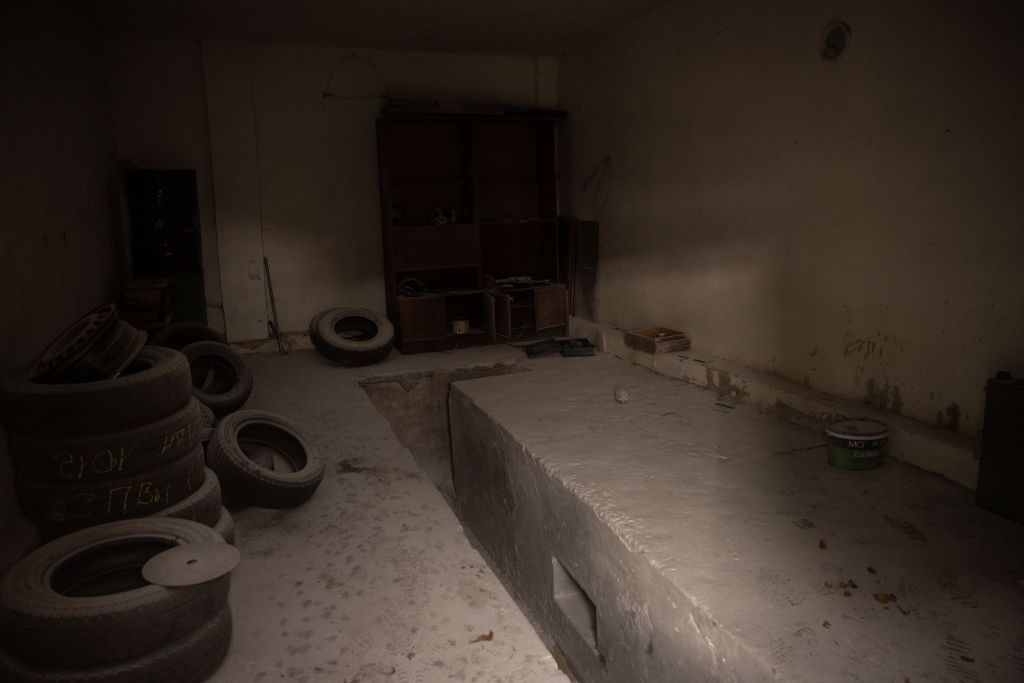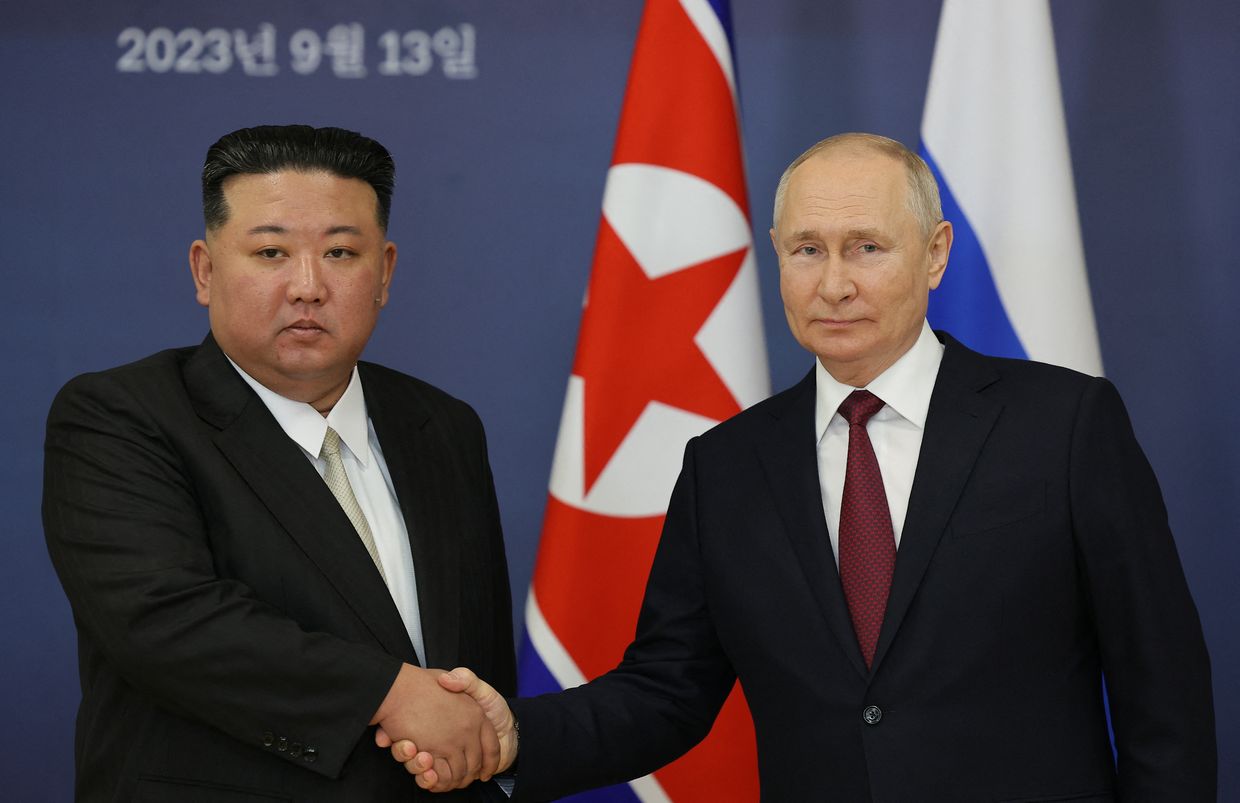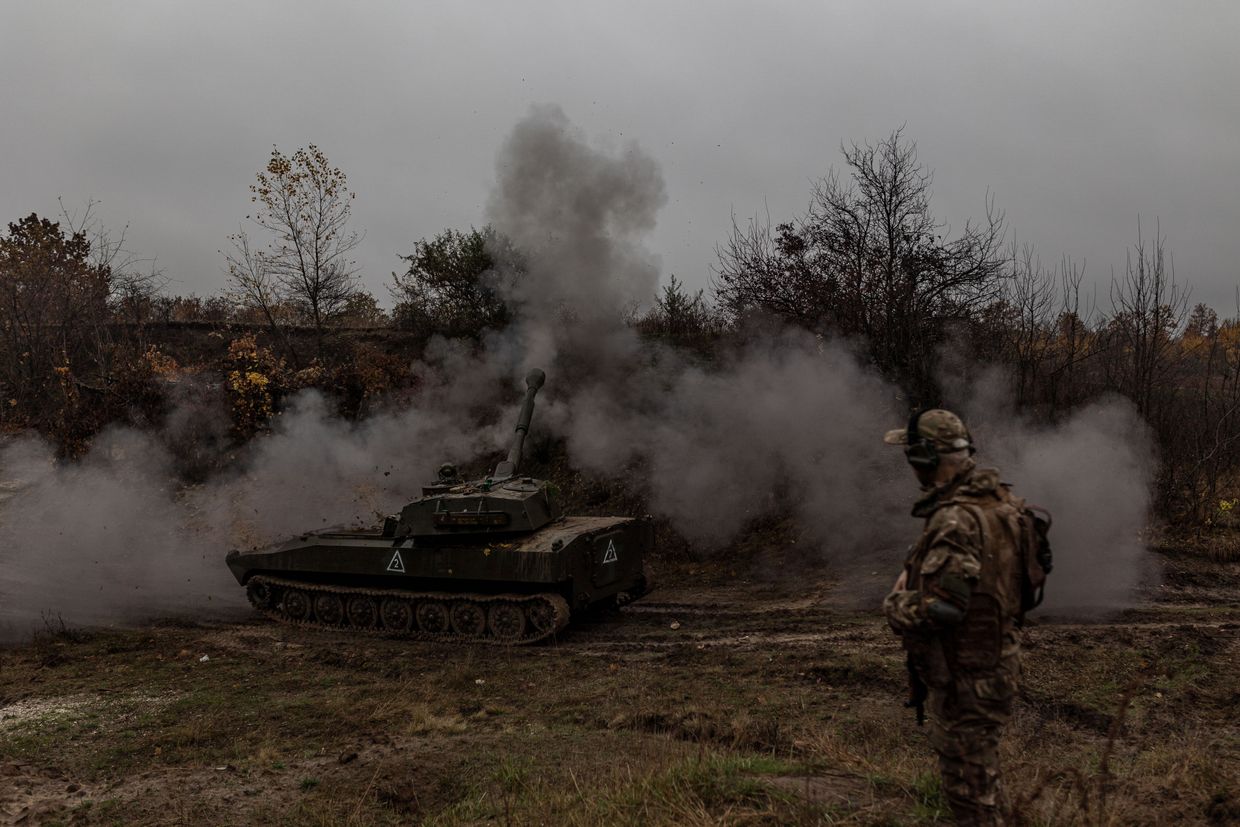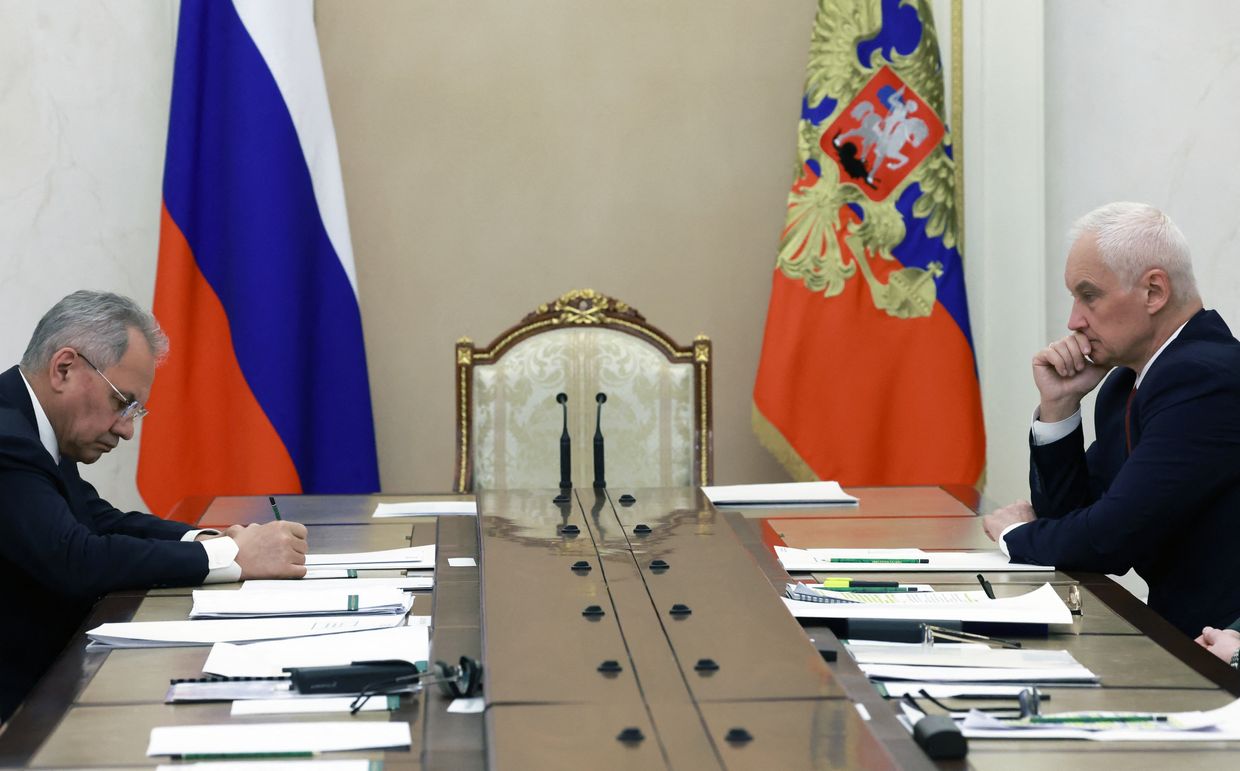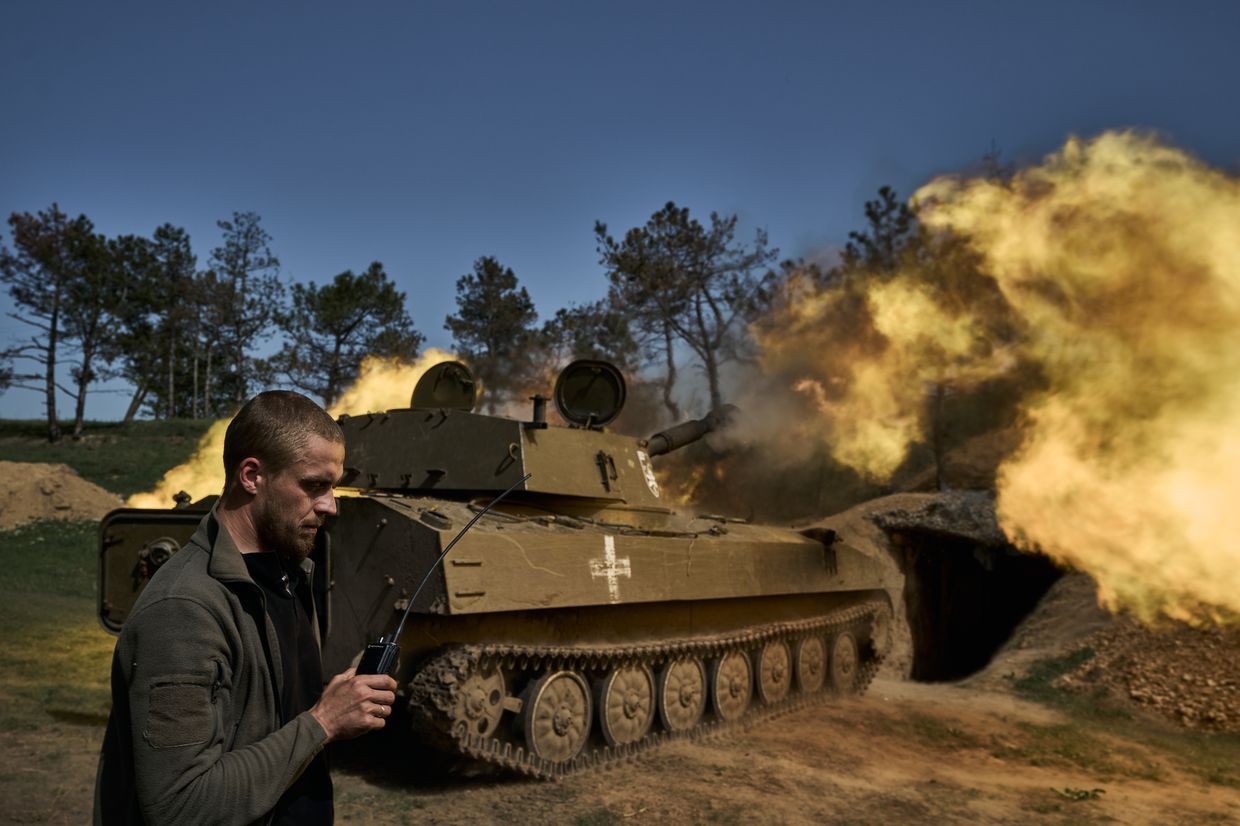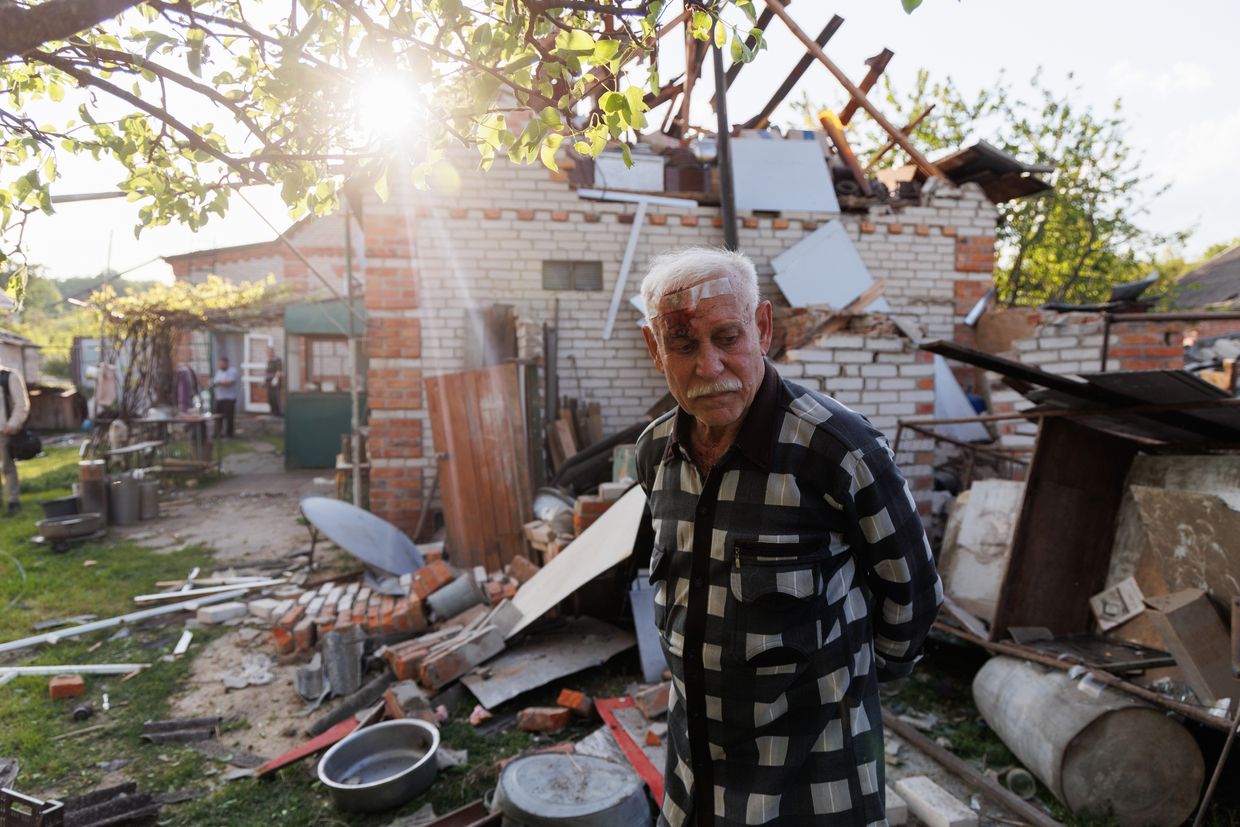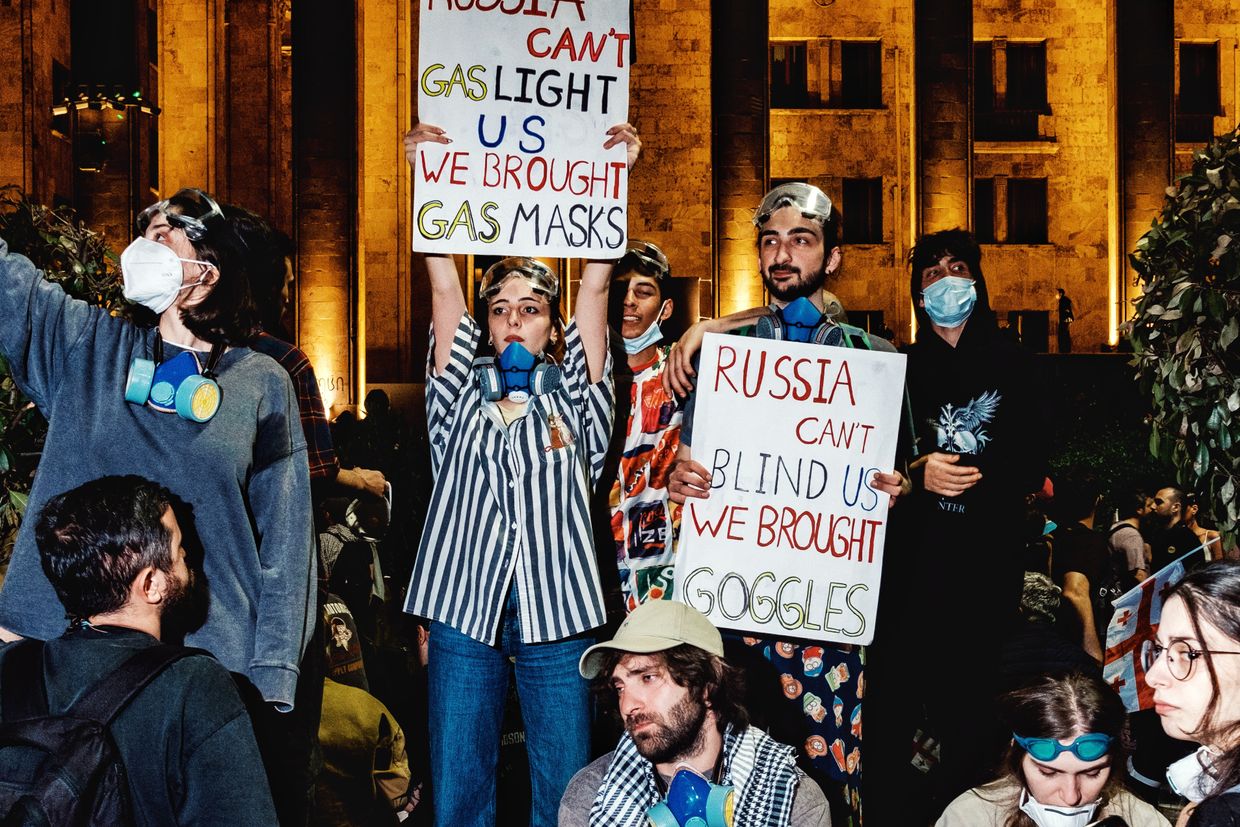KHARKIV – In the face of relentless Russian attacks, prolonged blackouts, and a looming threat of a new major offensive, against all odds, life in Kharkiv continues to endure.
Located just 30 kilometers from the Russian border, Kharkiv, Ukraine’s second-largest city, has been under some of the heaviest and most frequent attacks since the start of the full-scale invasion in 2022.
Due to the recent Russian bombardment of the energy system, the city is now struggling with rolling blackouts. And as Ukraine expects a major Russian advance in the surrounding region in the next several months, Kharkiv is bracing itself for yet another Russian attempt to occupy it.
From teachers to small business owners, to teenagers weaving camouflage nets for the military in their spare time, people in Kharkiv embody resilience in everyday life.
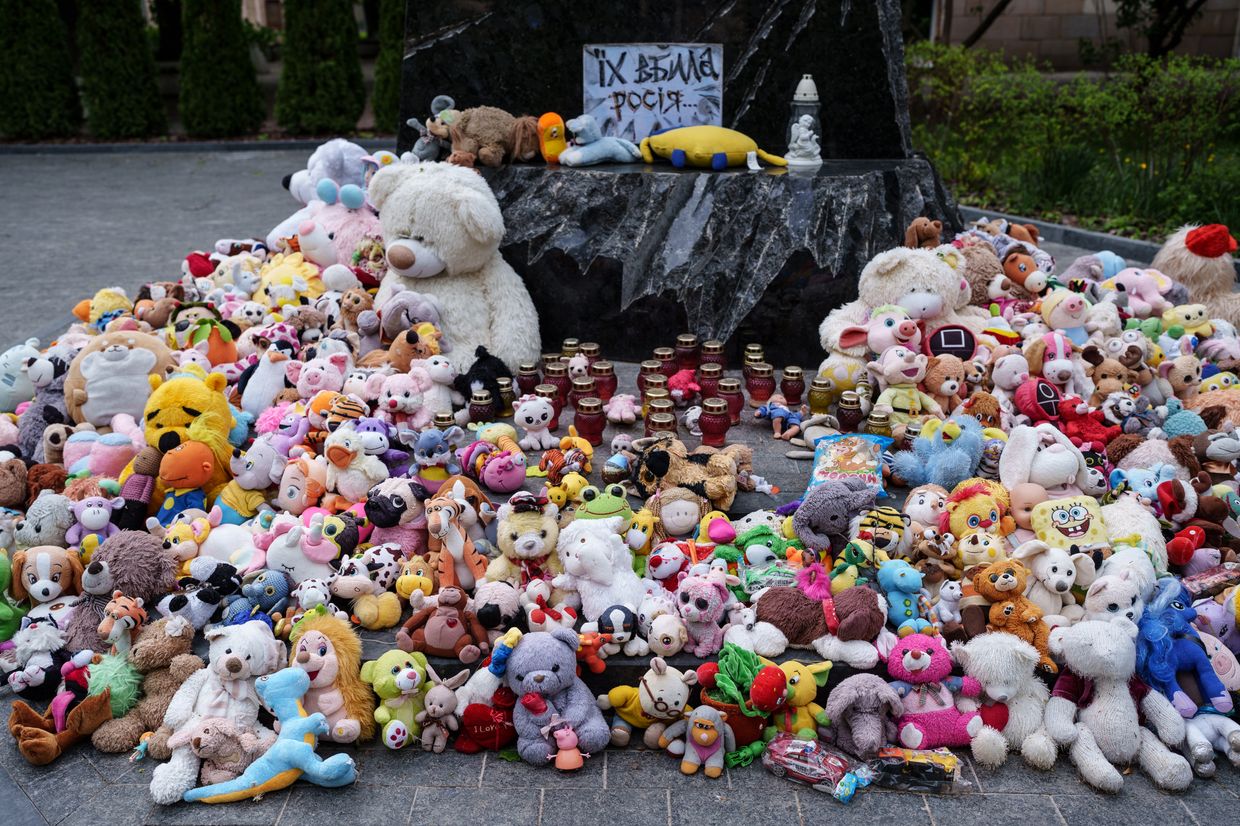
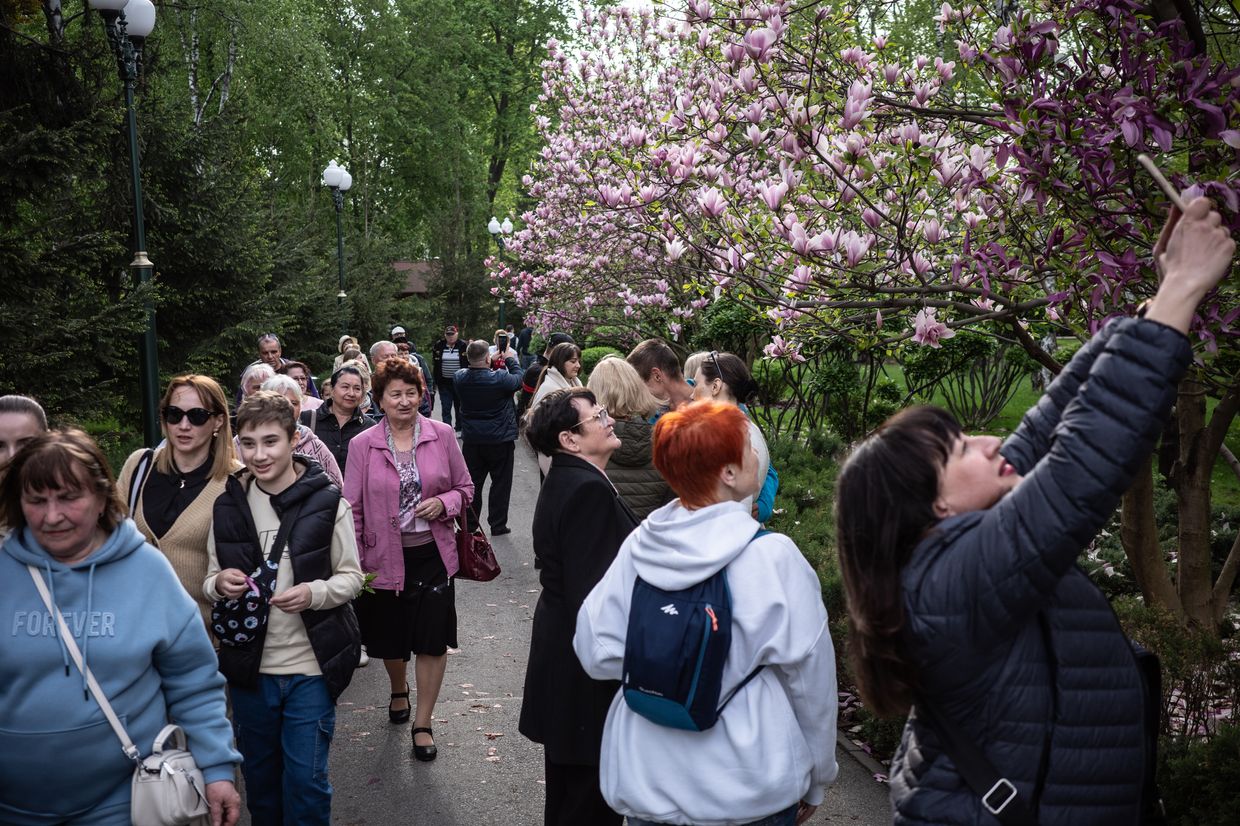
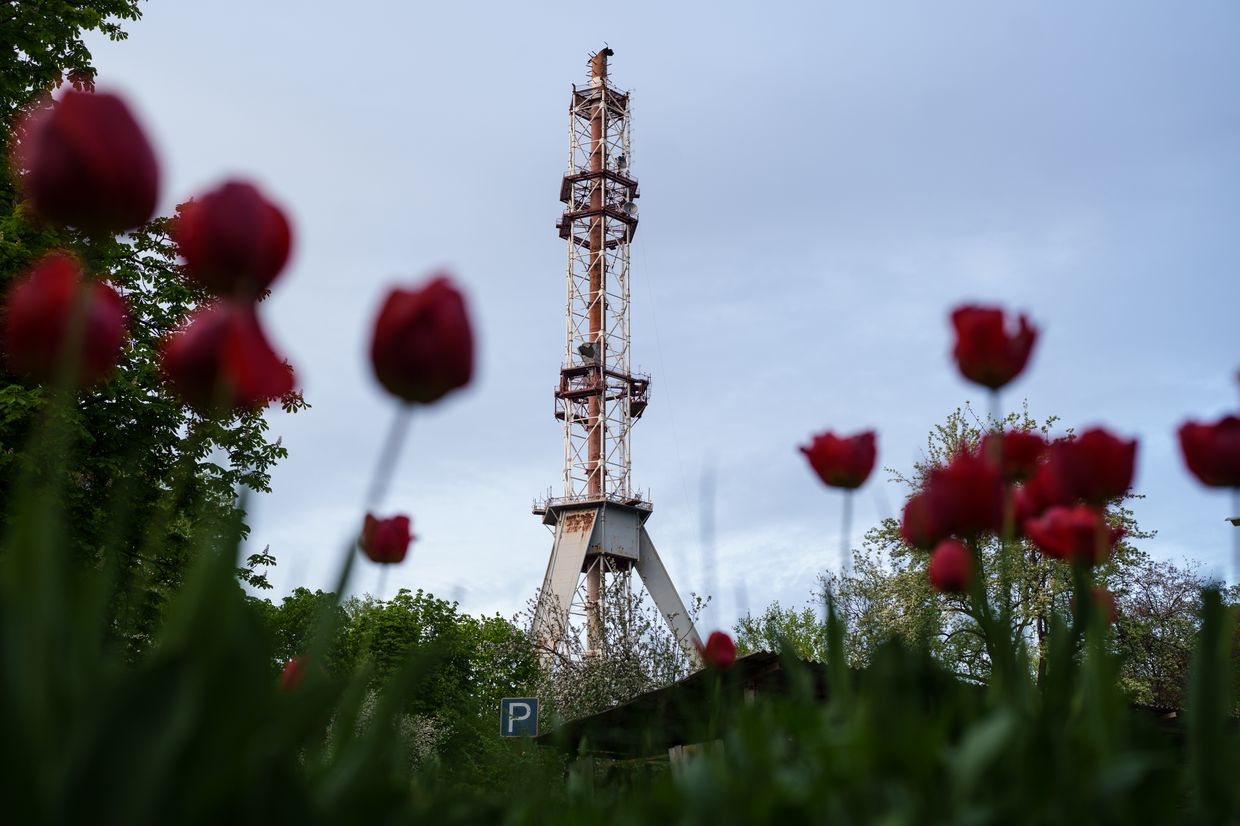
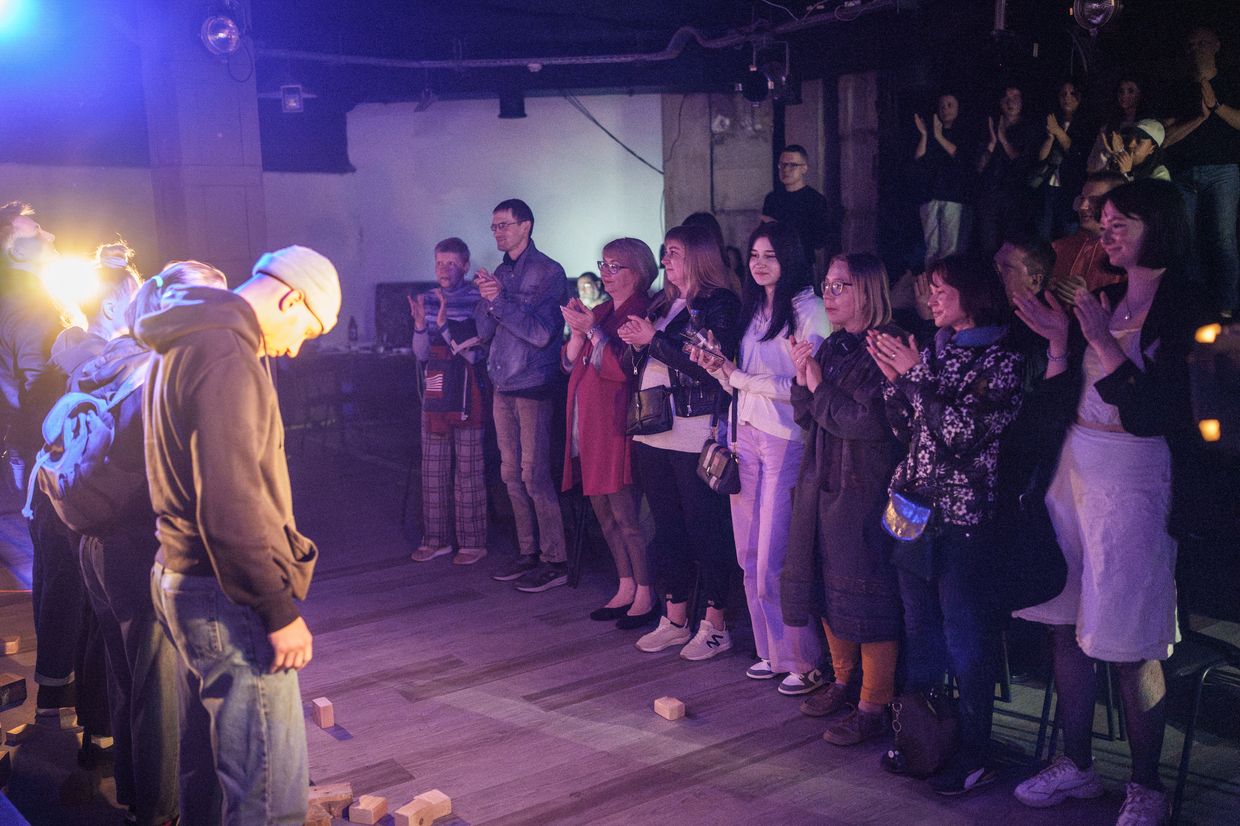
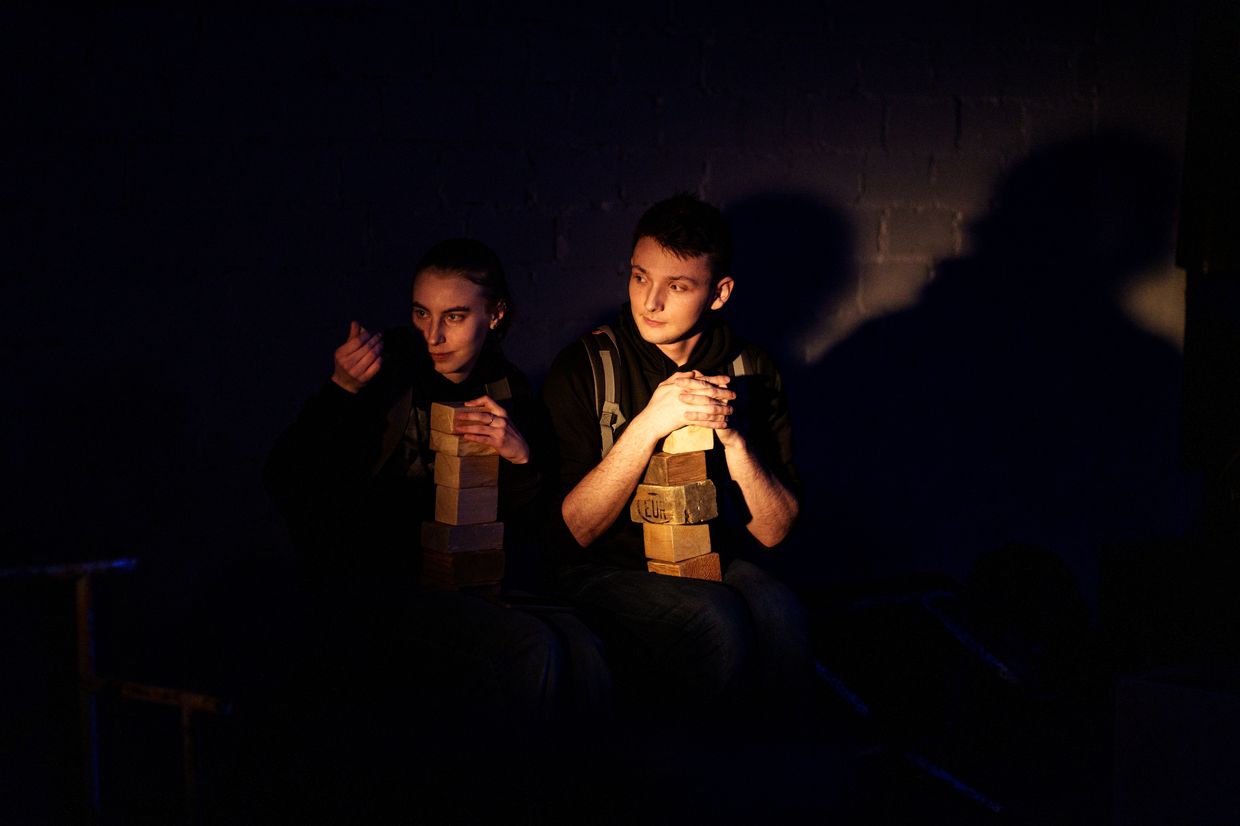
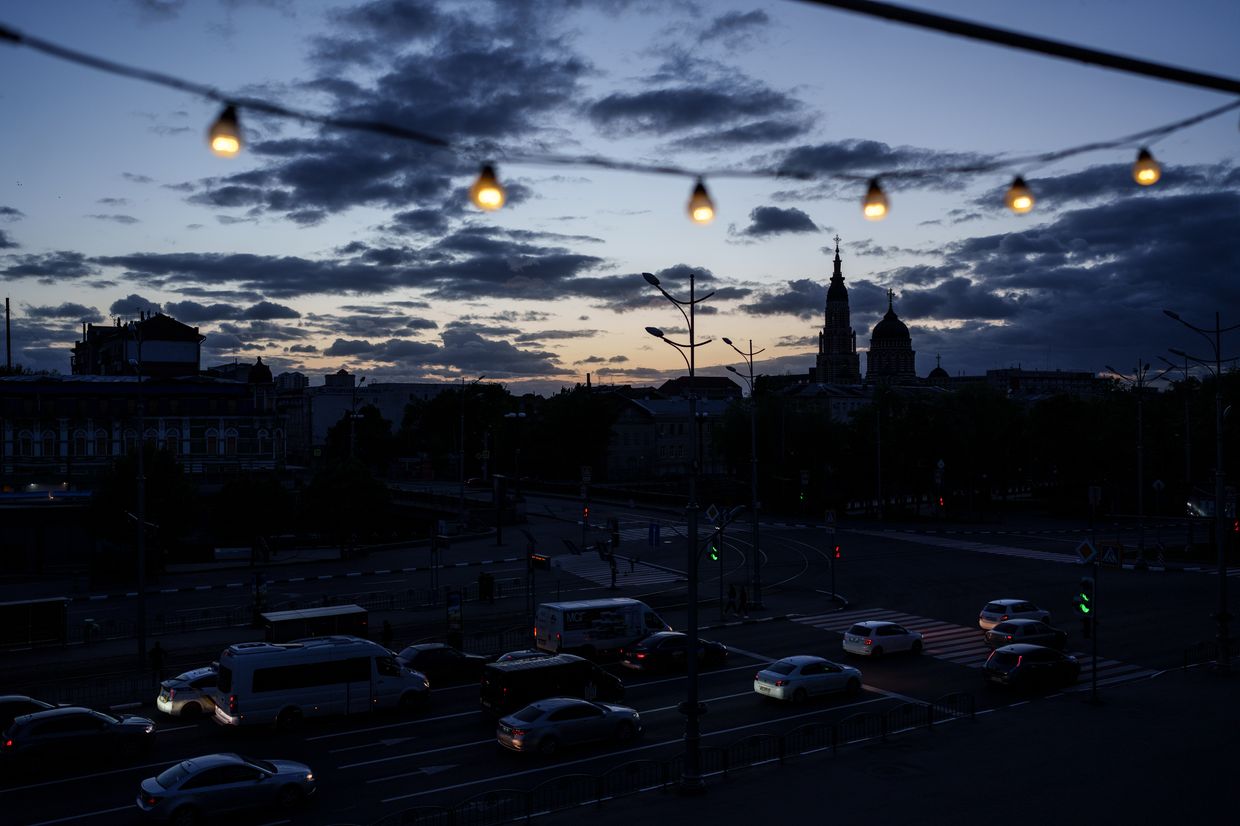
Yuliia Kolisnyk, 29
Yuliia Kolisnuk, a 29-year-old English tutor and activist, maintains unwavering trust in the Ukrainian army despite the deteriorating security situation and doesn’t believe in the prospect of a successful Russian offensive. She has adopted a philosophical outlook towards constant attacks.
“I go to bed every night not knowing if I'll wake up. At any moment, a missile or bomb could end my life, yet I've become numb to this reality. If I keep thinking about it, I won't last long in this city.”
Yuliia’s boyfriend serves in the Armed Forces of Ukraine in the Kharkiv region. The only scenario that can force her to leave Kharkiv is Russian occupation, Yuliia said.
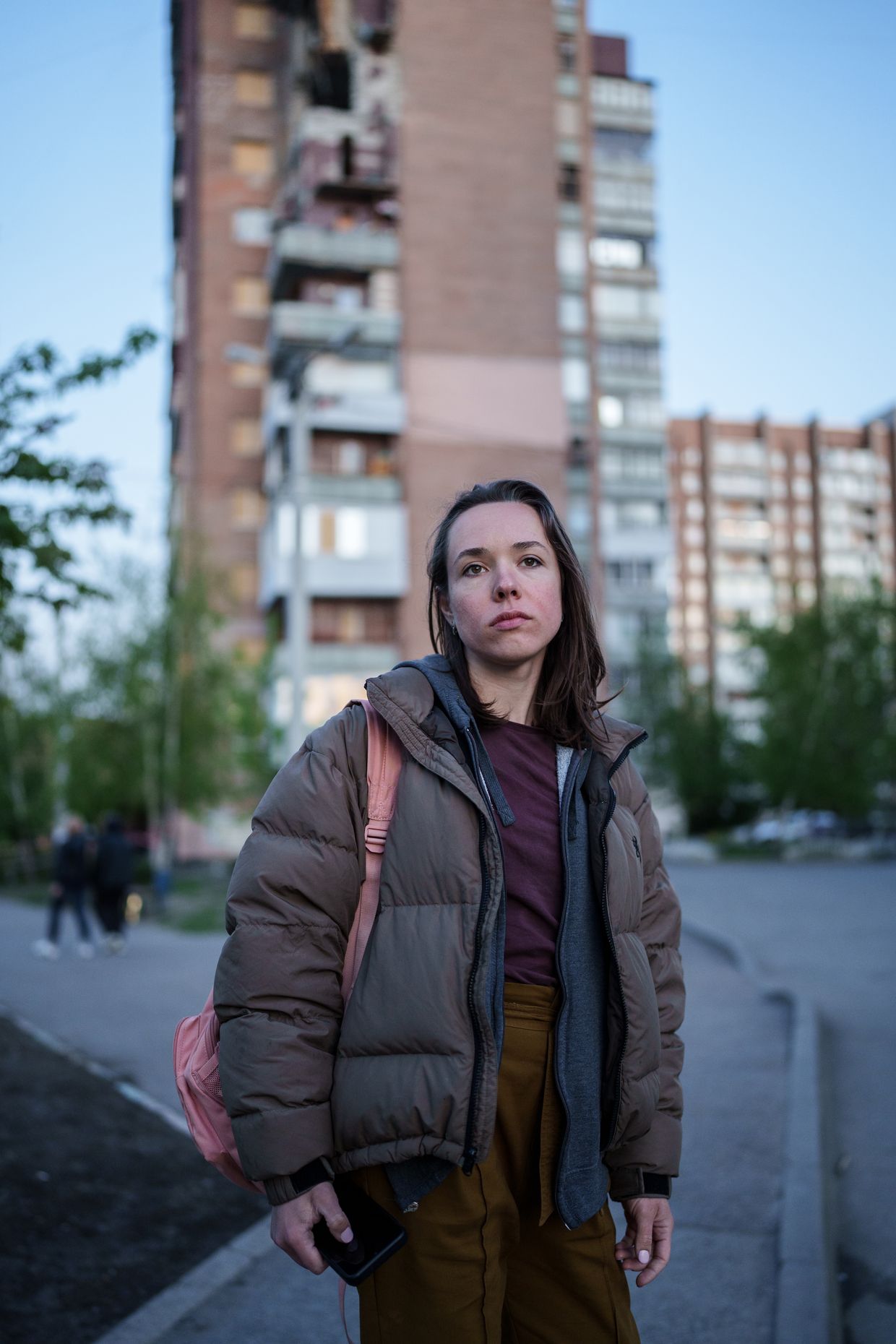
At the beginning of the full-scale invasion, she and her family thought they would be able to join some sort of guerrilla resistance in the event of Russian occupation. However, after she saw the atrocities Russian soldiers committed in towns like Bucha and Izium during occupation, she changed her mind and settled on the thought that if there is a threat of occupation, she will leave the city.
The frequent electricity outages in her area, typically from 5 p.m. to 10-11 p.m., have disrupted Yuliia’s ability to conduct online classes, affecting her income. Even when she has electricity, there's no guarantee that her students have it too.
Yakiv Liashenko, 37
Yakiv Liashenko, 37, a small business owner based in Kharkiv, specializes in crafting bags, backpacks, and bags for first-aid kits. At the beginning of the full-scale invasion, Yakiv shut down all business operations but swiftly resumed within a month. He made arrangements to ensure the safety of his employees, providing them with an opportunity to work and live in the basement shelter.
Recognizing the vulnerability of Kharkiv's energy infrastructure to relentless Russian attacks, Yakiv invested in energy-efficient equipment and a portable power station capable of sustaining operations for 6-8 hours during electricity disruptions. He now plans to bolster his energy independence further by installing a solar battery.
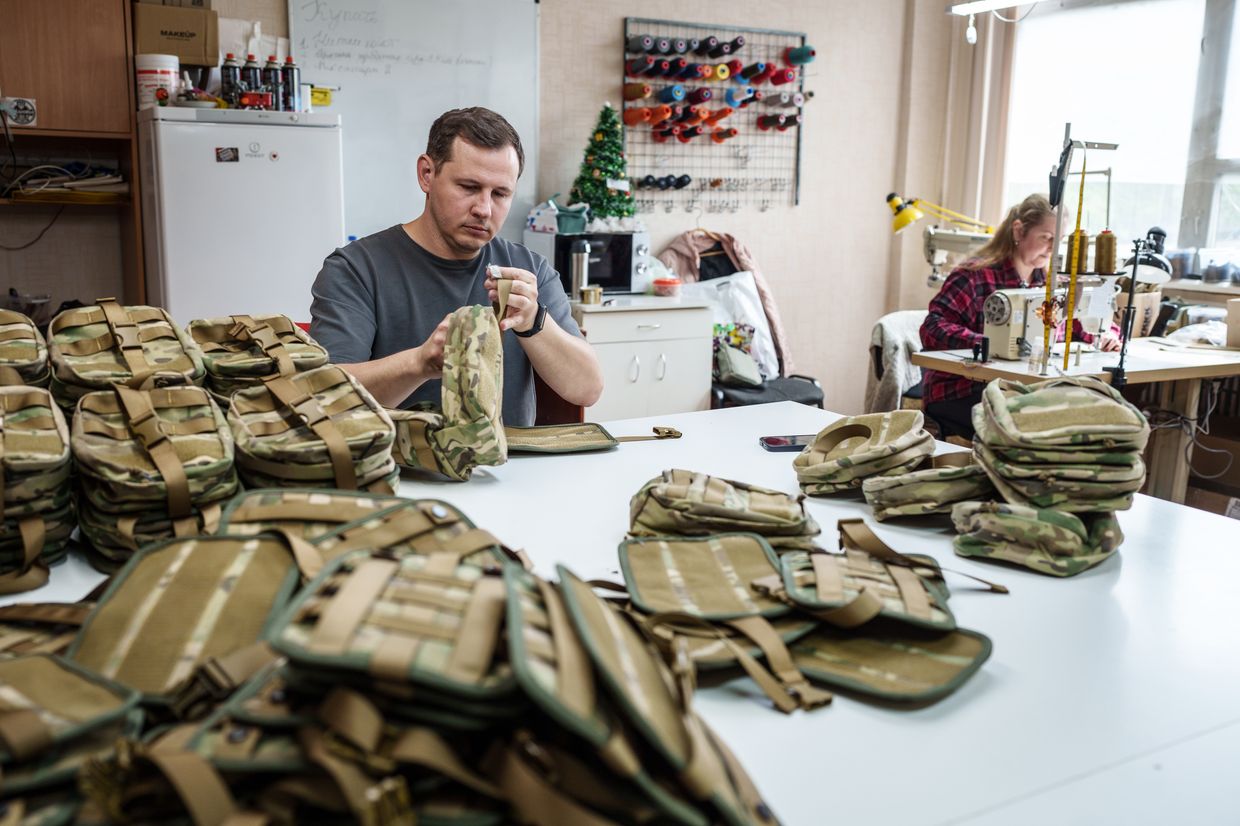
However, Yakiv remains cautious about large-scale investments in his business due to the possibility of a new offensive toward Kharkiv. Nonetheless, he maintains a pragmatic approach, stressing the importance of being prepared and abstaining from panic.
One of his coworkers, grappling with persistent electricity shortages, has made plans to relocate to Lviv, a city in western Ukraine that doesn’t come under attacks as frequently. Though he has been separated from his family since the onset of the full-scale invasion, as his ex-wife and daughter fled to Europe, Yakiv is not planning to leave his city.
Danylo, Mykyta, Oleh and Andrii, all 16
Children in Kharkiv have also adapted to life amid war, navigating the challenges of preparing for final exams while striving to maintain a sense of normalcy. They lead active lives, attending school and socializing with friends.
Having recently returned from western Ukraine, this group of children – Danylo, Mykyta, Oleh and Andrii, all 16 – experienced the contrast of living conditions in Lviv and Kharkiv. Kharkiv looks like a very lively and active city, despite constant Russian attacks. However, Lviv is certainly a much safer and more comfortable city to live in, they say. They wish there was more entertainment in Kharkiv.
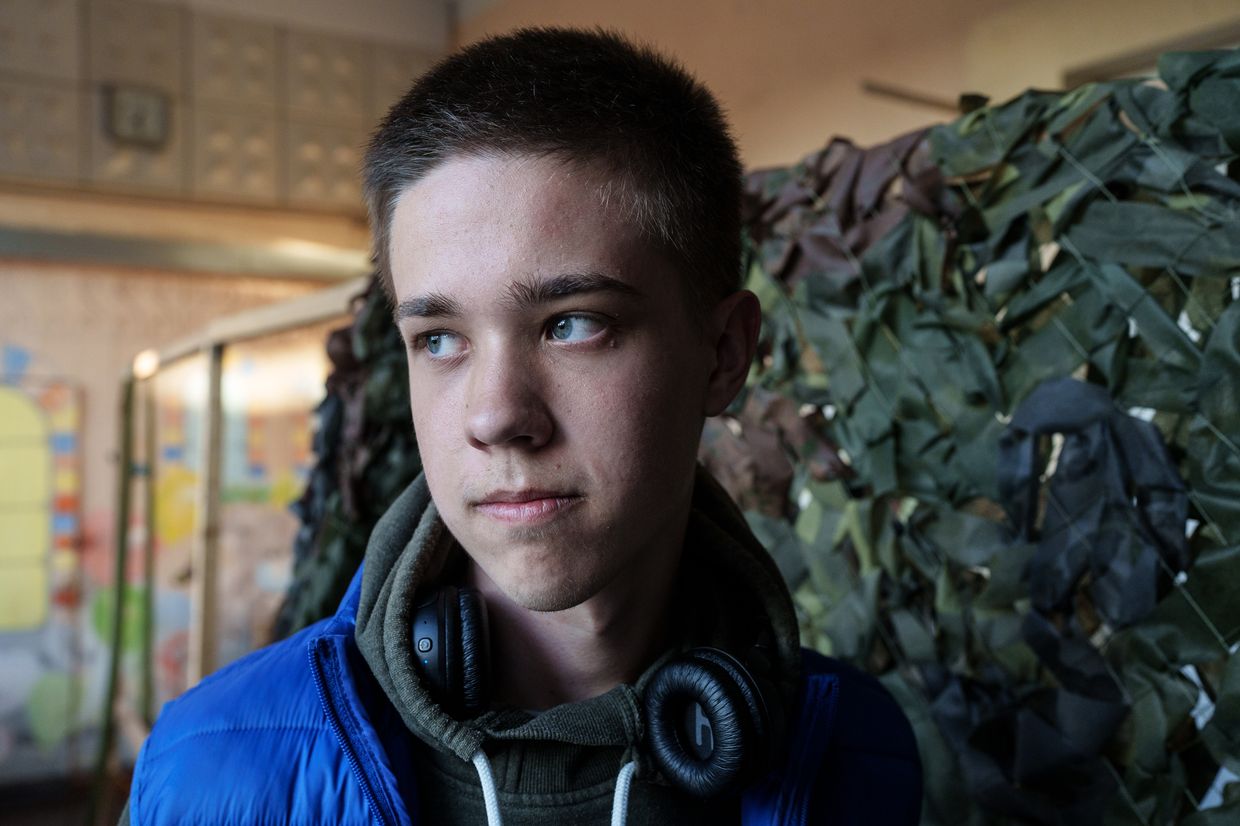

According to the children, paradoxically, people reacted to air raid alerts in Lviv more responsibly than in Kharkiv. Though it might seem unreasonable, people in cities closer to the Russian border often disregard air raid alerts – otherwise, they would spend most of their day in shelters.
When there is no electricity, these schoolchildren go for long walks, enjoying the now warm weather in Kharkiv. They say they appreciate every minute spent together.
They also often volunteer and weave camouflage nets for the military.
“We weave nets because we don’t work yet, so we don’t have money to donate to the army, which would be the right thing to do.”
